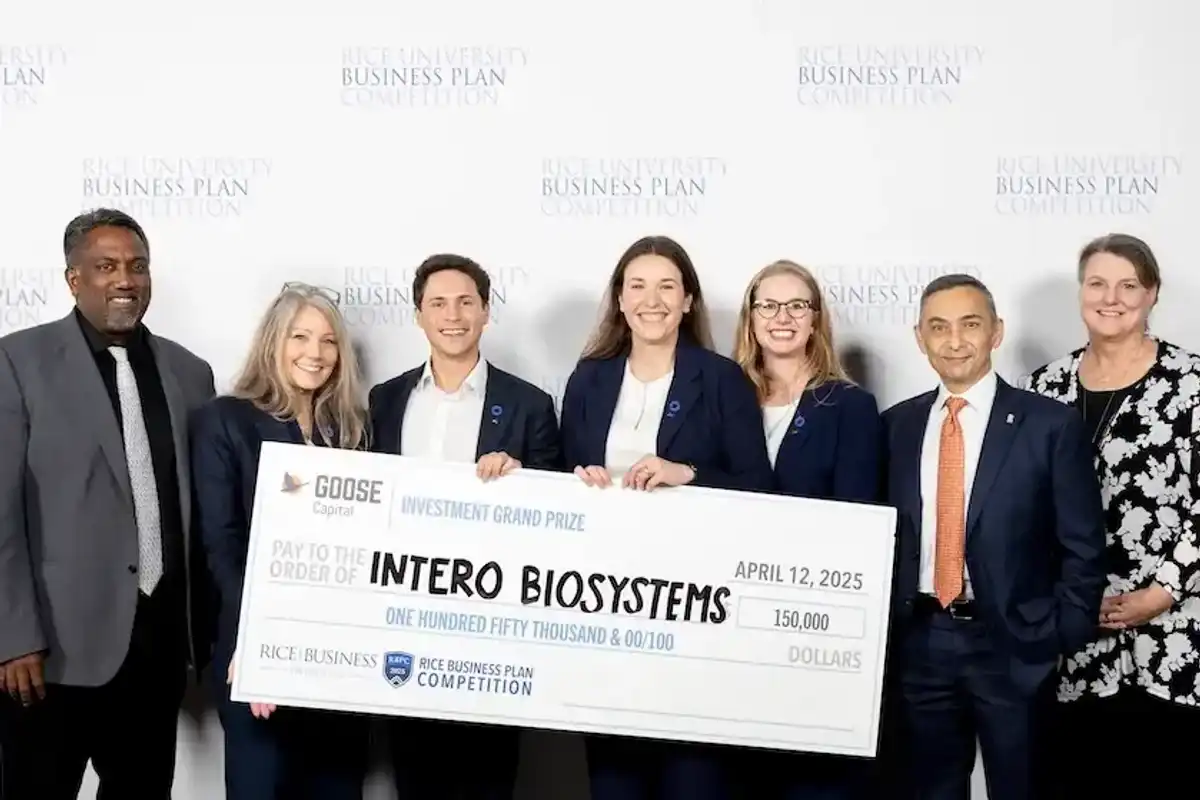Houston expert: Why employing 'personality hires' is good for your business
guest column
The concept of a “personality hire,” those who are hired more for their soft skills rather than their technical skills, has gained traction, sparking discussions and even memes on platforms like TikTok.
However, these online narratives often cast personality hires in a negative light, overlooking the unique value they can bring to an organization. In reality, personality hires can be instrumental in strengthening corporate culture. They often possess a unique blend of soft and hard skills, contributing to the company's success by boosting morale and fostering team unity.
Business leaders' big question is whether personality hires are worth adding to their organization given that their strongest contributions are creating a positive work environment. Yet, those working with a purported “personality hire” know they contribute more than good energy. Building a team of employees with differing strengths, expertise and personalities strengthens the overall success of an organization.
Personality hires can manage relationships and create team unity, and the following ways are how they can benefit the business and improve corporate culture.
Bring People Together
Personality hires possess a unique set of skills that are often undervalued. They excel at building and maintaining relationships, a crucial aspect of business. Their ability to connect with others, foster trust and understand different working styles is a valuable asset that can take years for others to develop.
One of the key roles of a personality hire is in conflict resolution. Their understanding of communication and working styles allows them to navigate disputes and find common ground in tense situations. This ability to bring balance and harmony can have a positive impact on the overall work environment and contribute to employee retention.
Bridge the Gap
A successful organization strives to establish a solid workplace culture, but it takes continuous work. Personality hires put culture into action and encourage others to follow suit. They do this by embracing their strong communication skills, boosting team morale and supporting their peers.
Personality hires naturally bring unity to the organization. Their skills help bridge the gap between the work and a positive employee experience. When employees are engaged throughout the workday, productivity levels can increase.
Provide Balance
Not everyone is on the same page regarding personality hires and their impact on an organization. Some may view them as a breath of fresh air, and others do not feel they add substantial value. To ensure a personality hire brings value beyond just team cheerleader, work to develop their skills and competencies early. This allows them to contribute to the team quickly and fully demonstrate their value, which builds trust within the team.
The success of a team is dependent on hiring the right culture fit, which includes personality and competency. It is possible to have both, but it is important to remember many hard skills can be taught, whereas soft skills are harder to teach. You want to look for people who will fit culturally within the organization and possess the skills needed to do well within the role.
There are warnings when making personality hires. Hiring people based on who you “like” or who exhibits “charm” can lead to biased hiring. Your hiring practices should not be based on personal likes or dislikes. If an organization adopts this hiring practice, it runs the risk of creating a homogenous workforce. Additionally, there are risks associated with personality assessments because they can be deemed a discriminatory practice.
------
Julia Lyons-Ryle is a performance specialist with Insperity, a Houston-based provider of human resources and business performance solutions.
- Learning culture fosters business success, per this Houston expert ›
- Houston expert shares tips on implementing team building to promote productivity ›
- Houston expert on recognizing AI scams in hiring, recruitment, and retention ›
- Houston expert: How you should be approaching recruiting in 2024 ›
- What HR can provide in times of company crisis, according to this Houston expert ›





